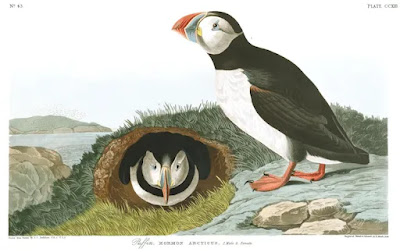"On the morning of September 11, 2001, I was having breakfast atop the Park Lane hotel with my parents on Central Park South, looking out over the green trees and lawns of Central Park. It was a stunning, clear blue day. We had reservations for breakfast at Windows on the World on the top of the Second World Trade Center Tower for that morning, but a few days before, my parents changed their mind to be closer to where I lived, in a community of prients on the Upper West Side, right on Broadway."They Will Inherit the Earth: Peace and Nonviolence in a Time of Climate Change ~ by John Dear, 2018, ethics
In the Beatitudes, Jesus says of the meek, "they will inherit the earth." Meekness, John Dear argues, is the biblical word for nonviolence. He makes the connection Jesus makes at the start of his Sermon on the Mount between our practice of nonviolence and our unity with creation, that our rejection of nonviolence is inevitably linked to the catastrophic effects of climate change and environmental ruin. Drawing on personal stories of his life in the desert of New Mexico, his time as a chaplain at Yosemite, his friendship with indigenous and environmental leaders, his experience at the Standing Rock protests, as well as his work with the Vatican on a new stance on nonviolence, John Dear invites us to return to nonviolence as a way of life and a living solidarity with Mother Earth and her creatures.I wrote about this book on Sunday. Now that I've started reading it, I'm really glad Sheila handed me the book. The chapters range from violence in the city (the Towers) to catastrophic climate change to taking a stand at Standing Rock. "And more," as people like to add, without saying what else. It's a short book (160 pages), but powerful. Does that persuade you?
Gilion at Rose City Reader hosts Book Beginnings on Fridays.
Browse today's Linky to find interesting books for your own reading list.


















































